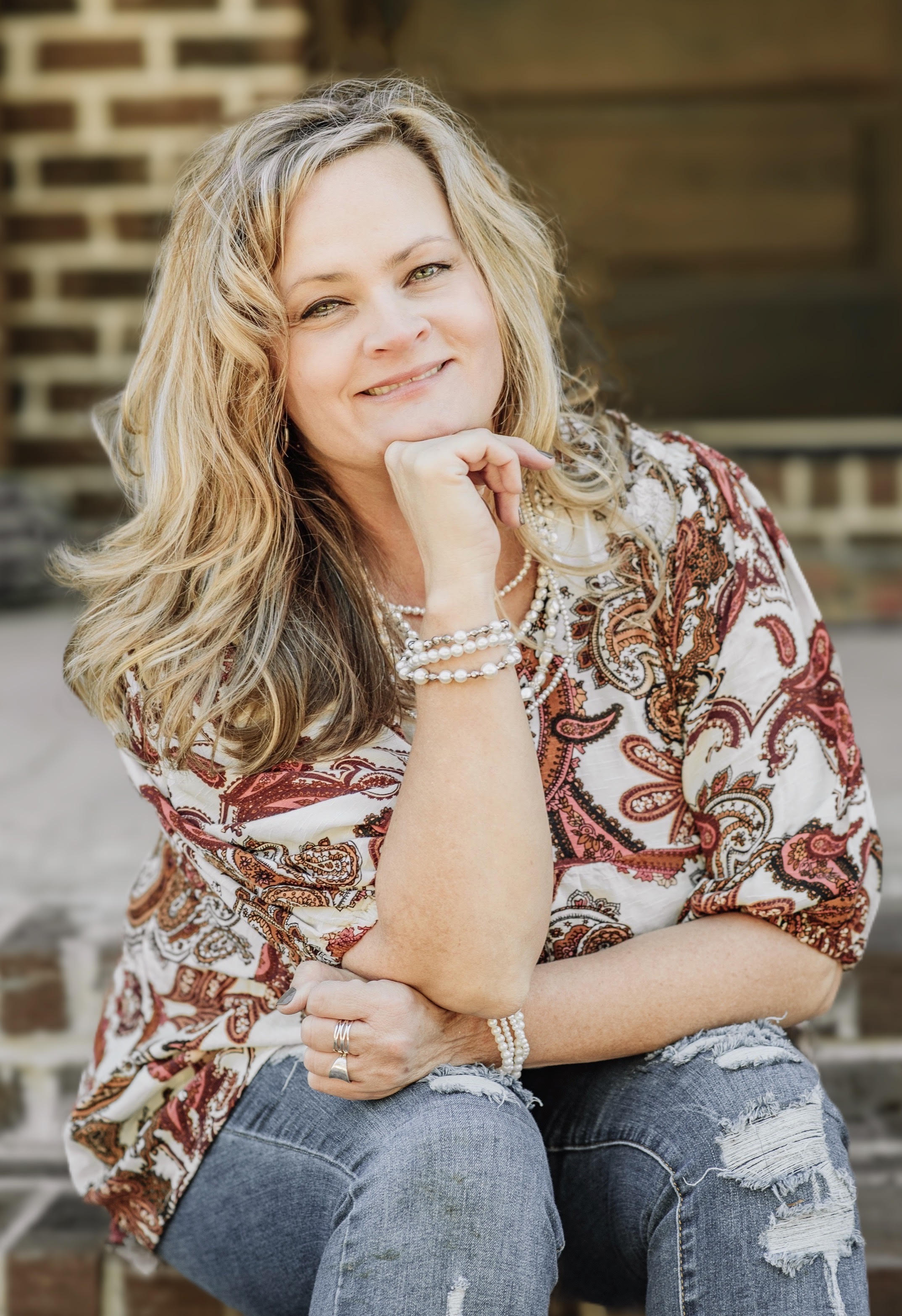3 Lessons We Can Learn from Moses’ Wife Zipporah

The wife of Moses is named Zipporah. There’s not a lot mentioned about her in the Bible; however, she’s known for one major thing… and it’s a bit strange.
She circumcised her son with a flint knife to save Moses because God was going to kill him.
Zipporah’s father, Jethro, was a priest in the land of Midian where Moses fled after killing an Egyptian. Jethro had given Zipporah to Moses as his wife. They had two sons before Moses had the burning bush experience and was called by God to go to Egypt so the children of Israel would be set free from bondage.
At the time of the odd scene, Moses was on his way to Egypt as instructed by God to speak to Pharaoh, so he’d let the Israelites go (They’d been in slavery for 430 years).
Who Was Zipporah in the Bible?
The interesting event involving Zipporah is found in Exodus, chapter four:
Then Moses went back to Jethro his father-in-law and said to him, “Let me return to my own people in Egypt to see if any of them are still alive.” Jethro said, “Go, and I wish you well.”
Now the LORD had said to Moses in Midian, “Go back to Egypt, for all those who wanted to kill you are dead.” So Moses took his wife and sons, put them on a donkey and started back to Egypt. And he took the staff of God in his hand.
The LORD said to Moses, “When you return to Egypt, see that you perform before Pharaoh all the wonders I have given you the power to do. But I will harden his heart so that he will not let the people go. Then say to Pharaoh, ‘This is what the LORD says: Israel is my firstborn son, and I told you, “Let my son go, so he may worship me.” But you refused to let him go; so I will kill your firstborn son.’”
At a lodging place on the way, the LORD met Moses and was about to kill him. But Zipporah took a flint knife, cut off her son’s foreskin and touched Moses’ feet with it. “Surely you are a bridegroom of blood to me,” she said. So, the LORD let him alone. (At that time she said “bridegroom of blood,” referring to circumcision.) Exodus 4:18-26
The scripture is sort of shocking because God had just called Moses to go to Egypt. Moses was on his way to do what God asked him to do. This brings up a couple of questions.
- Why was God going to kill him along the way when he was doing what God asked him to do?
- How did Zipporah know what to do to stop it?
There is speculation on both questions, but a definite answer is not found in Scripture.
Some suggest God was angry with Moses because he was chosen to lead the Israelites and teach them the law, but he wasn’t following the law himself. In Genesis 17:9-14 God commands circumcision:
Then God said to Abraham, “As for you, you must keep my covenant, you and your descendants after you for the generations to come. This is my covenant with you and your descendants after you, the covenant you are to keep: Every male among you shall be circumcised. You are to undergo circumcision, and it will be the sign of the covenant between me and you. For the generations to come every male among you who is eight days old must be circumcised, including those born in your household or bought with money from a foreigner – those who are not your offspring. Whether born in your household or bought with your money, they must be circumcised. My covenant in your flesh is to be an everlasting covenant. Any uncircumcised male, who has not been circumcised in the flesh, will be cut off from his people; he has broken my covenant. Genesis 17:4-9
As for Zipporah, some suggest she may have been revolted by the practice. Maybe she didn’t want Moses to circumcise their children on the eighth day as God commanded.
But when the attack came on Moses, she instinctively knew what the problem was and took action to save the life of her husband.
Lessons We Can Learn from Zipporah
1. Obey God even when we don’t like it.
Obedience is serious.
Disobedience is what got us all into trouble in the first place back in the Garden of Eden.
We struggle doing what we’re told and sometimes give into temptation. We’re driven by our flesh instincts until we mature as Christians. Even then we still wrestle with them until we physically die.
Our obedience to God reflects our love for Him.
He’s so gracious and merciful toward us. He gave His only Son to cover our sins as the perfect sacrifice. If we love Him, a desire to obey comes naturally out of thankfulness for His mercy toward us.
2. Do God’s will (even if our spouse doesn't).
Scripture doesn’t say whether she or Moses (or both) didn’t want to circumcise their son. Or if they planned to but were delaying it for some reason. Delayed obedience is disobedience.
In Scripture, we see she’s the one who stepped in and intervened with obedience saving her husband’s life. It may have been impossible for Moses to do anything at this point because God met with him and was about to kill him. Moses may have been physically incapacitated in the attack and unable to perform the circumcision.
Or was God really dealing with Zipporah? Maybe she was going along with Moses because they were married, but in her heart didn’t want to obey God’s commands. We don’t know from Scripture, but she did obey when God made it clear she must.
Doing God’s will isn’t just something we do when a tough decision comes along. Its living each day surrendered to His will and yielding to Him.
3. Recognize our own sin and repent.
In our own lives, when God brings some disobedience to our attention and makes it known to us, we should straighten it out right away. Do whatever needs to be done to make it right in His sight as soon as possible.
I will hasten and not delay to obey your commands. Psalm 119:60
Like Moses, we may have been called by God into some specific ministry. Also, like Moses, we may have some sin in our lives we haven’t dealt with yet.
God will likely bring the sin to our attention, so we recognize it and repent (or turn away from it). Then we can move forward in the good graces of God.
How We Can Apply These Lessons from Zipporah to Our Lives
We are sinners. When we follow Jesus, we still sin even though we may be doing our best not to sin. It’s in our blood. This is why the blood of Jesus Christ was required as the perfect sacrifice to cover our sins. Through Him, we are made right with God.
When we are moving along in our relationship with God through His Son, we will stumble along the way. It’s a transformation process of becoming more like Jesus and saying Goodbye to our old selves. We will do this naturally as Christians because of the indwelling Holy Spirit. He guides us, comforts us, and counsels us as we live our lives on earth.
When we disobey God’s commands, the Holy Spirit begins making us aware of our sin. One way or another, He will bring it to our attention. Once we’re aware, it’s our job to correct it. Stop it. Make amends and do our best never do it again.
This is a continual cycle in our spiritual life. Because we’re so ingrained with sinfulness, once we learn the error of our ways about one sin, God begins to work on another area of our lives.
He’s constantly ridding us of sin until we become more like His Son.
Recognizing sin in our lives and repenting is key to growing up as a Christian. We want to be mature Christians and join God in His amazing work.
For additional information on Zipporah, see here.
Further Reading
Who Was Zipporah, Moses' Wife, in the Bible?
Photo Credit: Unsplash/Ahmet Sali

Melinda has been honored to be a Selah Awards finalist for online articles and was a finalist for the 2023 Writer of the Year Award with Serious Writer, as well as a 2024 Semi-finalist for the ACFW Genesis Contest.
Visit her website here to receive blog posts via email. You can follow her on Facebook here or Instagram here.
Her book of articles and devotions is available here, and a short devotional about the Places God Takes Us here.
Originally published July 23, 2021.







